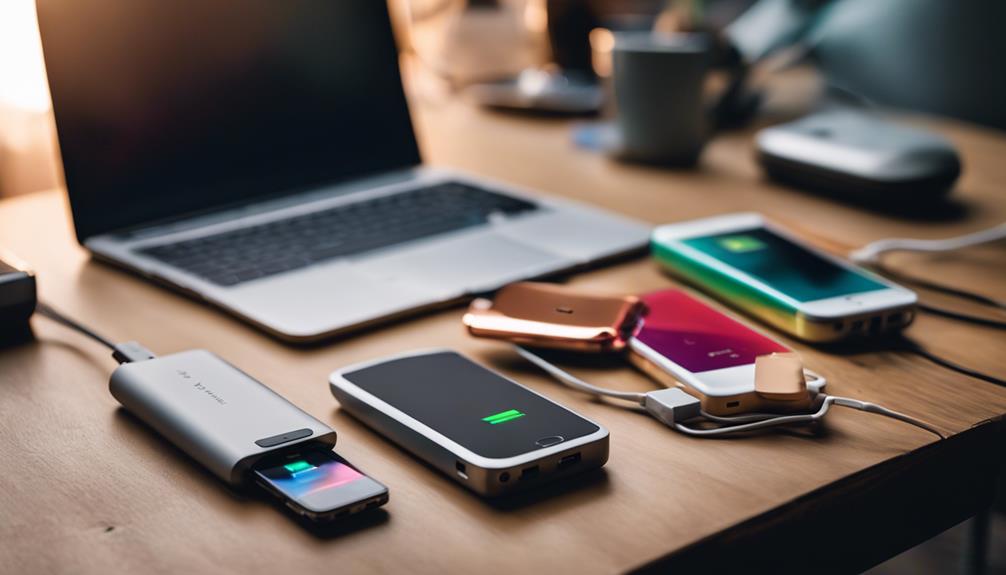In the modern world, gadgets have become an integral part of our daily lives, shaping the way we communicate, work, and entertain ourselves. From the first simple tools to the sophisticated electronics of today, the evolution of gadgets reflects advancements in technology and changes in consumer needs. This article will explore the history of gadgets, their impact on society, and what the future may hold for these innovative devices.
A Brief History of Gadgets
The term “gadget” has its origins in the late 19th century, often attributed to a French inventor who created a small tool. However, the concept of gadgets can be traced back much further. Here’s a brief timeline highlighting key developments:Gadgets For GiftsGadget Man Show
- Prehistoric Tools: Early humans used simple tools made from stone and wood.
- Industrial Revolution (18th – 19th Century): The invention of machines led to the creation of mechanical devices that simplified tasks.
- 20th Century: The advent of electricity brought forth radios, televisions, and early computers.
- 21st Century: Rapid advancements in digital technology have given rise to smartphones, tablets, and smart home devices.
The Impact of Gadgets on Society
Gadgets have not only transformed personal lives but have also influenced broader societal trends. Here are some notable impacts:
- Communication: Gadgets like smartphones and laptops have revolutionized how we connect with one another. The rise of social media platforms has allowed for instant communication across the globe.
- Productivity: With gadgets such as tablets and smartwatches, individuals can manage their tasks more efficiently. Applications designed for productivity have made remote work more viable.
- Entertainment: The evolution of gaming consoles, streaming devices, and VR headsets has changed the landscape of how we consume entertainment.
- Health and Fitness: Wearable gadgets like fitness trackers and smartwatches encourage healthier lifestyles by monitoring physical activity and heart rates.
Case Studies: The Rise of Iconic Gadgets
Several gadgets have made significant impacts on society, transforming not just how we live but also how we perceive technology. Below are a few case studies of iconic gadgets:
The Smartphone
Introduced in the early 2000s, the smartphone has arguably become the most significant gadget of the 21st century. With the launch of the iPhone in 2007, the smartphone evolved from a simple communication device to a powerful mini-computer capable of performing a multitude of tasks. According to Statista, as of 2022, there were over 6.6 billion smartphone users worldwide. The smartphone has influenced various industries, including:
- Retail: Mobile shopping apps have transformed consumer purchasing behavior.
- Travel: Navigation apps like Google Maps have made it easier for travelers to explore new locations.
- Healthcare: Telemedicine has become more accessible through smartphone applications.
The Smart Home Device
Smart home devices, such as the Amazon Echo and Google Nest, have changed how we interact with our living spaces. According to a report by Statista, the smart home market revenue is expected to reach over $174 billion by 2025. These devices provide convenience and energy efficiency, allowing users to control lighting, temperature, and security systems remotely. Key benefits include:
- Energy Efficiency: Automated systems can reduce energy consumption.
- Security: Smart cameras and alarms enhance home security.
- Accessibility: Voice-activated technology assists individuals with disabilities.
Wearable Technology
Wearable gadgets, particularly fitness trackers and smartwatches, have gained immense popularity. According to a report from MarketsandMarkets, the global wearable technology market is projected to reach $87 billion by 2023. These devices track health metrics and have helped users become more health-conscious. Notable features include:
- Heart Rate Monitoring: Provides real-time data on heart health.
- Activity Tracking: Encourages users to meet daily exercise goals.
- Sleep Tracking: Helps users improve their sleep quality.
The Future of Gadgets
The future of gadgets is promising, with emerging technologies that are set to redefine our relationship with devices. Here are some trends to watch:
- Artificial Intelligence (AI): AI will continue to enhance the capabilities of gadgets, making them more intuitive and user-friendly.
- Internet of Things (IoT): As more devices become interconnected, the concept of smart homes will evolve further, leading to greater automation.
- Augmented Reality (AR) and Virtual Reality (VR): These technologies will transform entertainment, education, and training.
- Sustainable Gadgets: As environmental concerns grow, manufacturers are focusing on eco-friendly materials and energy-efficient designs.
Conclusion
The evolution of gadgets has significantly reshaped our society and continues to do so. From the simple tools of our ancestors to the sophisticated devices we use today, gadgets have enhanced our lives in countless ways. As technology progresses, the future holds exciting possibilities for innovation, making it essential for consumers to stay informed about emerging trends. Embracing these changes not only enriches our personal lives but also prepares us for the challenges and opportunities of tomorrow.
In summary, gadgets play a crucial role in modern life, influencing communication, productivity, and entertainment. With ongoing advancements in technology, we can expect even more transformative changes in how we interact with the world around us.
